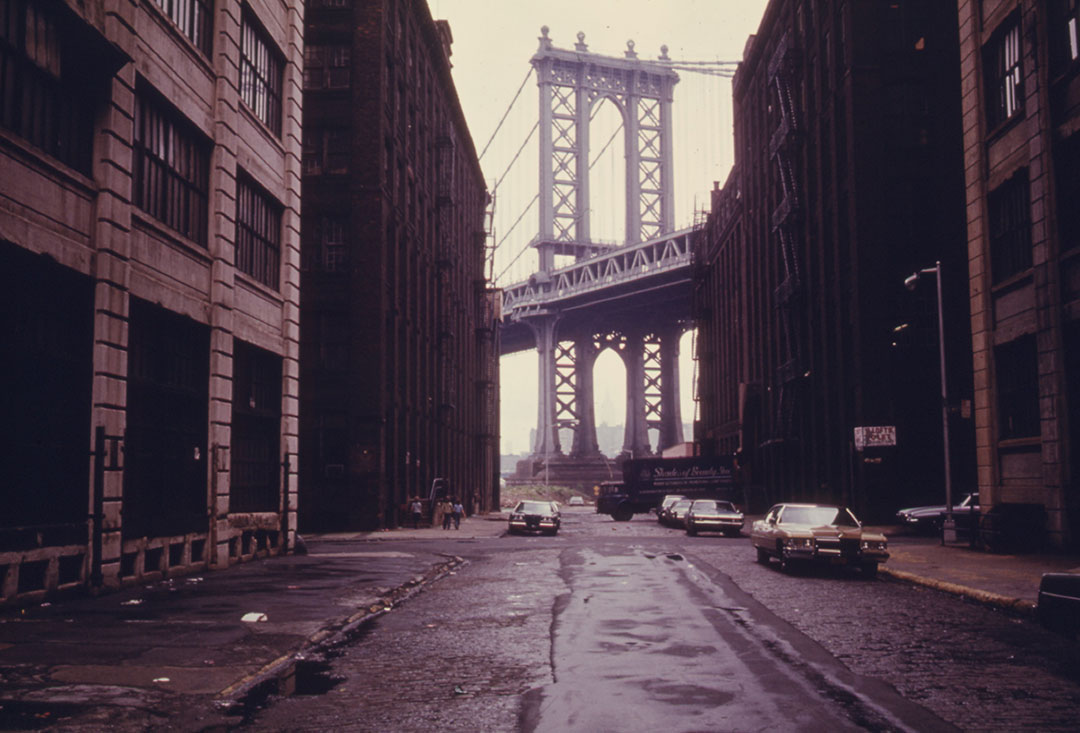
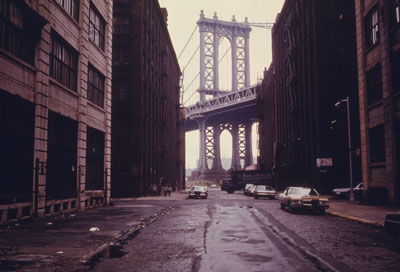
Henry ----- awoke with that pleasant tinge of sickness which guaranteed a satisfying breakfast shot. A man in the street might have been frightened to feel withdrawal before the sun came up; it spelled for a desperate day of keeping the sick off. Henry, however, was no man in the street. Even with the frigid bundle of wife next to him, he had more means at his disposal than most. From his warm bed he could see the splendidly tooled velveteen case that held his syringe. Down in the cellar there was an ounce of fresh Rêve-de-Dieu from the Loire Valley. Henry had brought the gear home from work, as was his privilege and custom. Contract required him to sample imported opiates.
Henry was up at the injection table for the jigger before he knew it. His body betrayed his noble intentions, as there were really quite a few things he should have done first. He needed to add coal to the brazier since his wife would be sleeping in the room for a few hours longer and a considerate stitch in time might save nine recriminations later. Henry could have ground beans for the coffee he would be craving momentarily since caffeine and opiates play nice together. He might have brushed his furry teeth. Most of all, Henry should have sat on the commode, but he ran through this chain of thought every morning and came to the same conclusion every time: a trip to the cellar first and laxatives later.
Janis’s new-fangled fare resided in a chilly compartment of the icebox, but Henry’s gear kept best in the cellar. His wife didn’t mind icy shots, while Henry kept Continental habits. It was always the same temperature in the cellar, no matter how hot and humid Manhattan’s haze got. The winter’s freeze did not quite reach either. Henry’s cellar existed in a climate-less place and was a haven from other types of tempest as well. He palmed his jigger and quietly padded down the stairs, careful not to wake Janis.
A baroque armoire fitted with an iron lock dominated the room. The dusk did not do justice to the intarsia of its doors, but this mattered little to the wardrobe’s master. The oversized skeleton key to its lock hung around Henry’s neck on a rawhide cord. As security this was meaningless; a determined child with a teaspoon could have turned that old lock. However, Henry loved sensing this Saint Peter’s key to the gates of paradise chaffing just under his shirt. Janis poked fun at the old chunk of brass, mocking Henry for all the fustian ritual. The dowdy cellar was not for her. But the valuable armoire came from the same Kingdom of Gaul where the world’s finest poppies were lovingly processed into luxury heroin. It was an antique from the same river valleys that boasted the finest papaver somniferum terroir in the world, and Henry imagined that Gallic smack kept better in a case constructed from a relative.
The Rêve-de-Dieu was hardly his only choice. The comforts of a modern larder were many. There still remained some Hessian Weiss, which had truly original notes and a high nose. It cooked into a milky hue. Henry also noted some brown, muddy stuff from a distant province of the Iberian Empire. That awaited its day, as did some King of Siam in its cheerful packaging. However, for his morning injection, Henry required strength and reliability rather than the novelty of the exotic. No one goes to Chinese eateries for breakfast.
He measured his usual grains into the brass jigger, then added a few for the cold. Locking up the wardrobe, Henry took his prize back upstairs, allowing his robe to flap loosely now. He felt noticeably warmer though the heat emanated from his clenched hand rather than the brazier. He really should drop some coke in it; Janis would complain about the temperature. Though if it was not the brazier, it would just be something else, assuming Henry would encounter his wife conscious at all. Not that this was reason enough to let her freeze, but first to the business at hand.
The customary chair awaited him at the table. Henry always fixed here, and it upset him to think of his wife shooting up in any old place. Yet another of their disagreements; she did not believe that location mattered when entering the chemical realm, while Henry was a disciplined man and a creature of habit. Time, place and tool were the fixtures of his narcotic ritual; no mid-morning bathroom shots for him. He fixed three times a day like clockwork; twice at home and once at work — nothing more, nothing less. Fitting for a narcotics officer and department head at the Customs Authority of the United States of America.
Henry was respected for the age and orderliness of his habit. With his rank came expectations, and the Union was a nation that enshrined moderation. Henry’s Confederate doppelgänger in Charleston was known to employ an electric intravenous pump for a constant drip. That was exactly how Henry imagined the southern cousins: venal, hedonistic, and devoted to their pleasures. The Customs Authority of the Union required men of graver character.
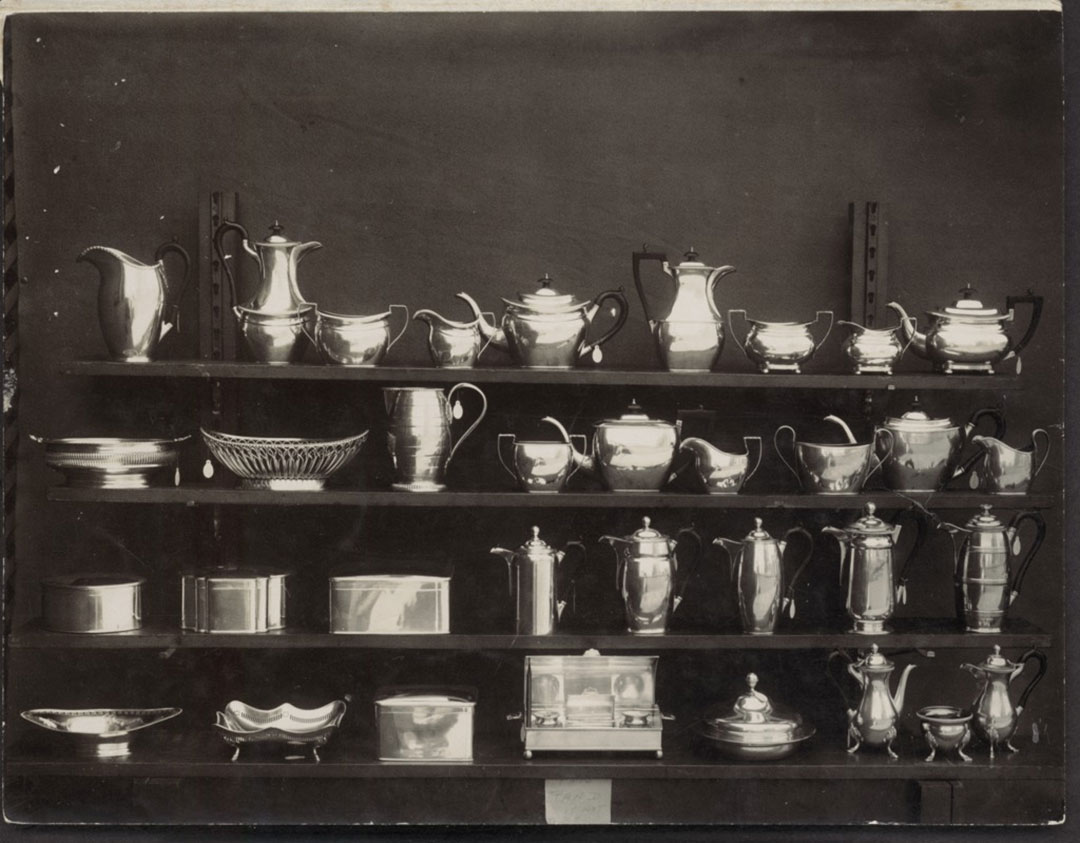
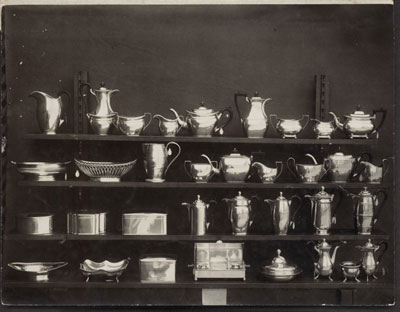
The leaded glass decanter contained water that the housekeeper boiled for Henry every few days. Distilled water was another custom of Henry’s that Janis did not share; she used any tap and seemed to believe that opiates sterilized water. But she had always been less than stringent in this regard. When they were courting twenty years ago, Janis once dared him to partake of an injection diluted with lemonade. They both survived, but Henry preferred his sterile decanter.
Opening the sea-green velveteen case was a daily thrill. Inside there was no form of illumination, neither gas nor electric, and yet the syringe seemed to glow in lustrous color. It was a work of art and a family heirloom. Henry’s father used that rig every day for forty years, right up until the final breakfast shot he took on the day of his death. Before him, Grandfather Hendrik, the Muscovite refugee whom Henry was named after, used the syringe for twenty years. It was lovingly preserved; the brass fittings were polished and shiny, although the tail of the plunger had been concaved by the thousand stone of accumulated thumb pressure over the decades.
The spike screwed into the end of the canister was the only modern component, though it was so modern that it might as well have come from the future. Nothing like it was available in the Union and certainly not in the Confederacy, where iron works were still common. The Nipponese Narcotics Minister, a certain Baron Sakai, had sent Henry a case of these diamond-analogue hypodermic spikes along with the synthetic opioids he sought approval and endorsement for. Once Henry realized that the needles were sharp and slim enough to pose no hazard whatsoever to tired veins, he guarded his supply jealously. However, they were made so finely that after all these years Henry was still on his first one.
Despite the Nipponese marvel, the most valuable and impressive component of the rig was the chamber. Grandfather Hendrik was accustomed to the glitter and jewels at the balls held by the Tsarina. The New World seemed inexcusably drab to him. With the successful immigrant’s aplomb, Henrik commissioned works with a stained-glass chamber from a master craftsman. An artisan named Tiffany built the cylinder by assembling a mosaic of glass shards. The stained-glass coalesced into a sublimely styled design. Elongated lilies, imaginary fish, and a haunted undersea woman were embedded into an invisible lattice. A perfectly clear lane of crystal ran up the side for the operator to see the chamber’s contents. After years of use, Henry no longer needed it. When he struck his bloodstream, the woman’s lips and hair turned burgundy. Always a sweet sight and a familiar one. The beautiful rig has served the family faithfully for eighty years already.
Years ago Henry had explained to his wife that the rig was not meant to be used en famille. That was the custom of his father’s and grandfather’s day; needles were not shared. Times were looser now and old habits seldom remembered, but Janis showed no disappointment in the least anyhow. The cheap baleen spikes of twenty years ago were perfectly acceptable for her then, as were the bakelite disposables flooding the market now. Years later, when the chill in their marriage set in, Henry offered Janis a go with the dynastic needle. She declined.
The Rêve-de-Dieu diluted into an amber liqueur under a few drops of water. The smack was fine enough not to need heat, but Henry put the jigger on the grate over the coal embers for a minute just out of habit. It gave him a moment to anticipate, and once he retrieved the jigger from the brazier, the complex nose of the Gallic gear was released into the room. The brass warmth of the jigger was comforting, especially with the sunrise shining so coldly through the window.
A box of boiled lamb’s wool sat in its usual place on the injection table, looking like a sheep jammed into a postbox. Henry picked a pinch off and dropped it into the jigger. It instantly turned brown, absorbing as much of the solution as possible. Henry could not help comparing the once-innocent wool to his own pickled soul, not without satisfaction. He dipped his spike into the sliver and nudged the plunger up with his thumbnail, a gesture he could have performed in his sleep. As always, the chamber filled without a bubble. The seascape took on a more complex color scheme, the lady assumed a Mediterranean hue and the surrounding aether ochred. Henry used the belt of his robe to loop around his left forearm, making the vein underneath the place where his chronometer would be stand up. Not that he wore one anymore; pocket watches were back in fashion. A flood of cheap wrist gutta-percha timepieces from Cochin had glutted the market and killed the fad for wrist chronometers.
With the vein at attention, Henry took a second to feel his sickness. It was only the most introductory stages, but his bowels were loose and his mouth had a bad taste. He was shivering slightly, but along with the chill inside, the world outside felt cold and unwelcoming. The world as it was without meaning. It was time to come to life.
The Nipponese spike seemed to guide itself into the vein. Henry touched the plunger up a tad with his nail. The lady’s lips rouged and her hair flamed; blood spurted into the chamber. A sanguine connection between man and lotus, man and god, had been made. Henry pushed the plunger all the way in.
There was that fleeting instant when he tasted it before he felt it. Then everything changed.
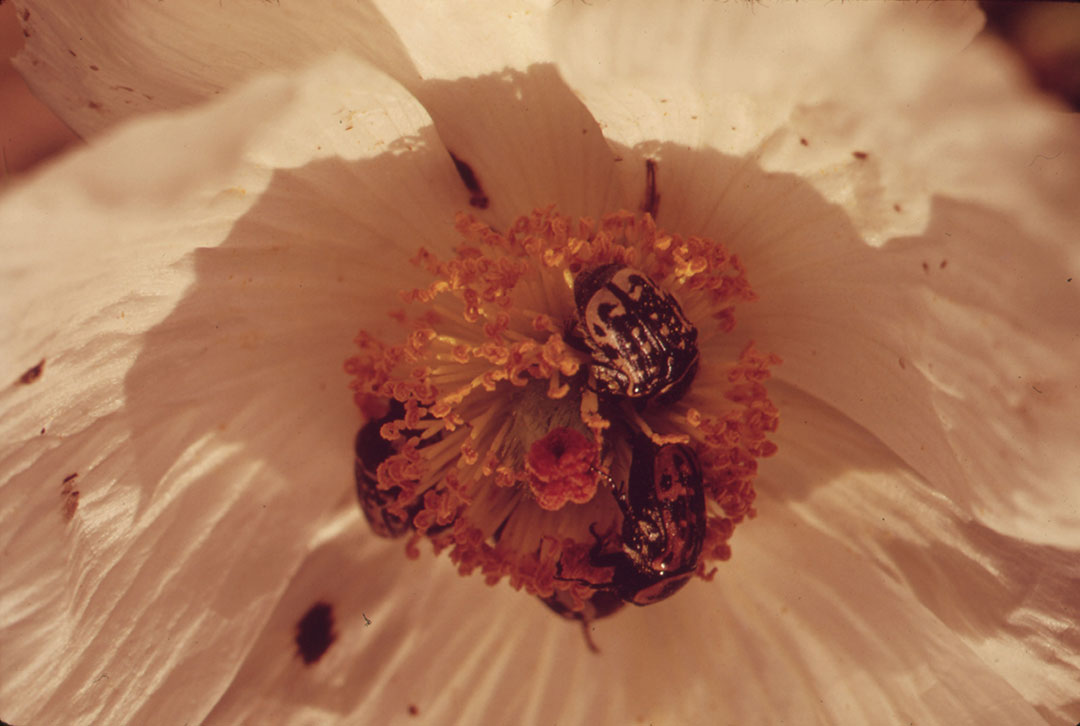
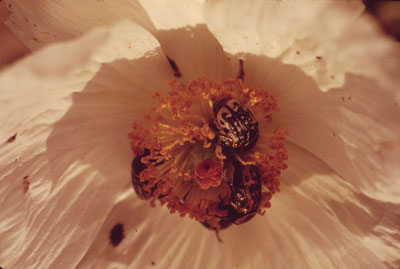
The physical effects were delicious, always effective despite the routine. Henry’s body chemistry was altered just the way he liked: a pleasant drowsiness, agreeable lightness, and, above all, a warm cocoon of comfort and cozy contentment. His will for action, to do what was necessary, returned with a vengeance. Even Janis’s menacing bulk in the bed behind him seemed less fearsome.
Henry knew what to expect from narcotics, but it never ceased to amaze him that the process was infinitely repeatable. Other stimulants, like the coca derivatives favored by Iberian toffs and Confederate grandees, or the zombifying habit of the Methamphetamine Army, were only a vulgar thrill, a moment of cheap chemical euphoria. However, the meticulously processed, exhaustively sourced and painstakingly clarified Rêve-de-Dieu from the Kingdom of Gaul was a portal to an altogether finer plane of existence. Before he injected, Henry just wanted the heroin to make him feel human once more, but afterwards the rush of omnipotence caused him to wonder whether he might not be divine.
In a few minutes, Henry completed every task that he needed to in order to close the door on Janis and allow her to slumber. The brazier was full and the paraphernalia put away. Henry’s cold domestic life remained in the bedroom while he embarked into the warmer realm of life on the Manhattan streets and at work. He donned his suit for the day, a worsted wool number with a cravat. It was double breasted and fittingly conservative for his position. The next stop was the water closet, where he quietly brushed and groomed. The commode was out of the question now, so he would have to take salts with his coffee, but then that was the case every day. Laxatives were an undeniable component of modern, enhanced life.
In the kitchen Henry approvingly touched the warm samovar that the housekeeper had stocked with coal the night before. He had lived with a samovar his entire life, preserving the Muscovite tradition even when he lost the Russian tongue. The hot urn looked like the brazen parent of his jigger, now sitting dormant by the Tiffany syringe. Henry ground his coffee beans in a hand mill, enjoying the promise of quality caffeine. The beans came from a god-forsaken island of the British Empire, known mostly for a mysterious sect of hairy black men who seemed to worship cannabis. But the coffee from the Jamaican mountains was excellent. A visiting British Pharmacology plenipotentiary from London had recently tried to convince Henry that tea was a superior way to start the day. The Empire was pushing this product globally. The BP man had particularly recommended the opiated Darjeeling from the Raj. He presented it as a beverage to the Customs Authority. The drink was tasty with cream and sugar, but Henry refused to tax it as a foodstuff. The opiation of the leaves carried too much of a kick.
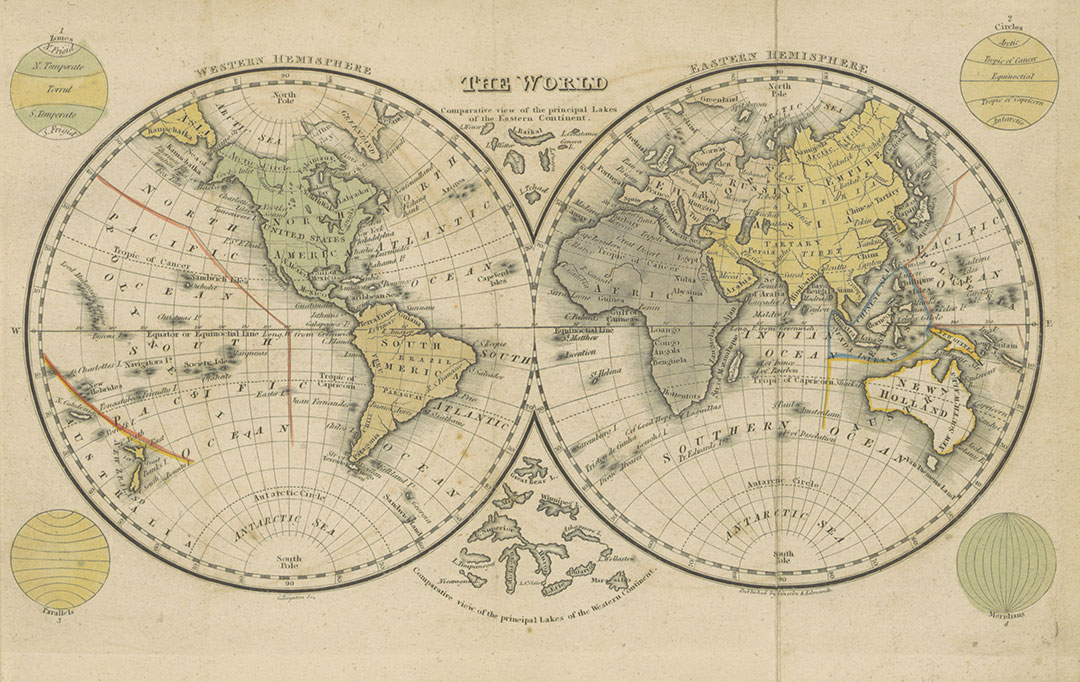
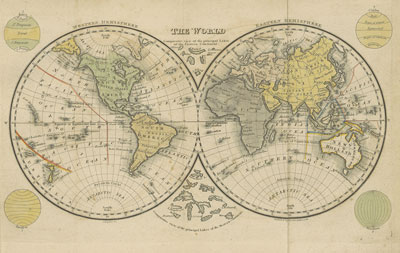
Getting the coffee cream out of the icebox confronted Henry with his wife’s narcotics. There was more variety than ever, and much of it came as samples from his own office. He looked for anything organic, gear with pedigree like the grand cru smack he had breakfasted on. The most appealing substance he found was a vial of Alaskan-cloned morphine. There was at least a poppy plant present at its ancestral birth, but it was hardly natural. The Russians filled their Alaskan greenhouses with millions of infertile versions of the same hardy, high-yielding poppy. They used the precipitation reflux process to honor Morpheus instead of cooking up the stuff of Heroes. The Tsar’s morphine was known for its potency rather than its quality. But opiates were only the base of Janis’s cocktails. Various ampules of benzodiazipenes, barbiturates, sedatives and tranquilizers were stacked haphazardly in the icebox. Every day after Henry left, Janis layered the chemicals one on top of the other until their marital difficulties were solved. As much as Henry resented this, he knew that he was also complicit, since he made this smorgasbord possible. It was just the easier path to take.
The crude Batavian packaging was misspelled and barely glued together. Formosan phenobarbitol? A product this shoddy must have entered the Union through another Customs Authority, as his would never have allowed it in. Henry opened the box on a whim and discovered something else entirely.
He immediately recognized the pills because they had been in every gazette that summer. The poorly stamped pentagon-shaped tablets were unmistakable: oral contraceptives. Nothing spectacular as such, the Union had the most liberal abortion policy in the New World. But these pills had been cheaply mass-produced in a Confederate dependency, and Richmond deemed abortion baby-murder and a capital offense. Outlaw pharmacology in the Southern hinterlands was the inevitable result. The Indian Territory around Tulsa was hardly a pharma-valley like Californy and certainly not known for its quality control. The cut-rate pills made of third-rate ingredients were meant for the Iberian population of the Mexican provinces in the allied Republic of Texas. And they did not work properly. Instead of terminating pregnancy, they permanently sterilized the user. The Southerners swore honest error, but the political implications suggested otherwise. The hungry Iberian Empire spanning south of the Texan border to the Tierra del Fuego would lose its linguistic and genetic claims to the disputed Mexican provinces in a generation if the pills did their nefarious job. Union pundits accused the fiercely eugenic Texans and their Confederate allies of chemical genocide, but nothing was ever proven.
Had Janis been taking these highly illicit pills? Impossible to tell; he would have to break their separate peace and ask later. Although, in a way, it did not matter. They had not shared a sweat in years. Henry gave up on the idea of children long ago. A lover then?
He forced himself to concentrate on the mundane as an antidote to the storm within him raised by the wicked pills. With his coffee finished and his suit in order, Henry was ready to go to work. These days the office felt more like home than his house did anyway. But in truth, it was too early. His pocket watch foretold the future. If he took an omnibus down to the Customs House, he would be there before the lowliest clerk, an unfitting position. Eating breakfast was an option, but the combination of the fine Rêve-de-Dieu and seeing those awful pills sapped his appetite. Henry’s solution was a wintery walk to work. It would take long enough for a seemly arrival, and the cold air would clear his doubts. A lover? Impossible. The sterilizers must have gotten into Janis’s samples by accident, a horrendous clerical mistake.
The streets were not as safe as they once were, so along with his bowler hat Henry picked up a stout umbrella. The Manhattan fog was in place to explain why this gentleman thought there might be precipitation. Henry was a soft-spoken gent who abhorred and frankly feared violence, but carrying a big stick could not hurt. A final peek in the looking glass showed him approximately what he expected, though older: a dapper man in the prime of life, comfortable in the static nature of modern existence and successful in his career. With pupils pinned by the finest Gallic gear.
At the sound of the door slamming, Janis hopped back from the window. He was dawdling longer and longer these days, playing with his old syringe and making a nuisance of himself. She had a bakelite hypodermic ready to go in the water closet. It was a simple solution of morphine and methaqualone. Not much, but it was only intended to hold her until she reached the icebox to begin her day. Then she would have a wealth of avenues to wander down.
Janis’s jaded gaze was attracted by a flurry of activity outside. “Curiouser and curiouser,” she thought, her nose still cold from the window pane. In addition to his excellent predictability, Henry had two qualities to his name, both consequences of his employment: He made enough money to keep their habits respectably high, and he had fantastic friends up the ranks of Customs and at the pharmacological combines, friends that sent a variety of samples to them. At Janis’s disposal was gamma-hydroxybutyric acid, diazepam, alprazolam, methedrine and many others. The gear was good and the price was right. The Customs Authority was a cornucopia of enhancers, and what she did for this bounty was a trifle.
This morning her mood drew her to the ketamine. She drew enough of the hypnotic to dig herself a comfy k-hole. Soon enough Janis was right where she had been while Henry fixed, although this time she was not peeking through the blankets, waiting for him to leave while she feigned unconsciousness.
Daniel Genis was born in New York City a few months after his parents emigrated from the Soviet Union in 1977. He attended Stuyvesant High School and New York University, graduating with a degree in history and French. He began a career in publishing, though soon traded in his tennis hobby for a heroin habit. During one bad week of 2003, he committed five amateur robberies, for which he served 10 years in prison. During his lost decade, Daniel wrote a novel called Narcotica and translated from the Russian for commissary money.
These days, Daniel is living with his wife in Brooklyn and writing for places like Vice, The Daily Beast and Deadspin while shopping around his novel and memoir. He can be reached at genis5000@gmail.com as well as his Facebook page.